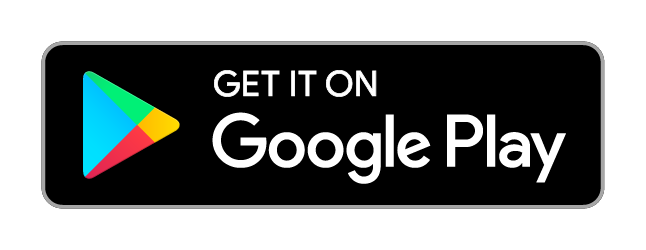Pollen Peaks: Melbourne's 2023 Season and the Cup Weekend Outlook
Nov. 3, 2023
The Victorian grass pollen season so far and a look at what’s in store for the Melbourne Cup long weekend.

About a month ago we provided an outlook for the 2023 grass pollen season and how it might be affected by the El Niño weather pattern. For those unfamiliar with El Niño's effects on our climate, here's a brief overview.
We suggested that the warm and dry spring would likely mean an average grass pollen season for Melbourne and much of Victoria and that the season would probably start and end earlier than last year.
When we say the start and end of the season, we are referring to the dates of the first and last days with high or extreme grass pollen levels. These high and extreme days are typically the worst for individuals suffering from hay fever and asthma, with Melbourne typically experiencing around 20 of these challenging days between October 1 and the year's end.
Generally, the first high or extreme grass pollen day occurs towards the end of October, while the date of the last such day is more variable, often falling around Christmas although it can sometimes occur as early as December or occasionally in January.
So, how’s our forecast fared?
Today’s graph shows the cumulative grass pollen curve for the 2023 season in dark blue. This is obtained by adding each day’s value to the sum of all previous days from October 1.
For comparison are Melbourne’s average for the last five grass pollen seasons as a dotted grey line and the mildest and worst seasons for this period, the 2018 season in green and the 2020 season in red.
Currently the 2023 season is edging the pack and is ahead of both the average and even the big 2020 season.
Putting it another way, by this time in 2020, there had been five high grass pollen days with the first on October 3. So far 2023 has seen nine high days with the first on October 1, the earliest start to the season in the last 30 years. The early start was presumably because September was the warmest on record for Victoria.
Looking Ahead
The recent cooler weather is expected to end over the weekend, with maximum temperatures in the mid-to-high 20s anticipated by Melbourne Cup Day on Tuesday. On Saturday, November 4, we expect to see high-to-extreme grass pollen levels across northern Victoria, with predominantly moderate levels in southern Victoria.
However, by Tuesday, November 6, we are anticipating a statewide forecast of extreme grass pollen levels, and these conditions are likely to persist from Cup Day through at least Thursday, November 9.
Preparing for the Worsening Conditions
As we anticipate heightened pollen levels, it's crucial to be proactive in managing potential health impacts:
- • Stay Indoors: Consider staying indoors on high and extreme grass pollen days, especially if you're sensitive to pollen. This can significantly reduce your exposure.
- • Home Environment: Keep windows closed to prevent pollen from entering your living spaces. Using air purifiers can also help in reducing indoor pollen levels. Dyson are currently offering our users 20% off purifiers when they use the coupon “POLLEN”.
- • Asthma Action Plan: If you or a family member has asthma, ensure that you have an updated asthma action plan in place. This plan should outline what medications to take, how to recognize when symptoms are worsening, and what steps to take in case of an asthma attack.
- • Consult Health Professionals: It's a good time to consult with your GP or pharmacist. They can provide advice tailored to your specific needs, recommend medications if necessary, and ensure you're well-equipped to handle the season.
- • Stock Up on Medication: Check that you are well stocked with hay fever and asthma medication. If you are running low, Chemist2U will deliver straight from the chemist to your door, with same-day delivery available. Plus, orders of $75 or more come with free delivery. Visit the Chemist2U website here.
- • Look out for your pets: Our pets can suffer from allergies just as much as we do. RSPCA recommends reducing time outdoors and wiping their fur with a damp cloth after exposure, along with recognising the signs of allergies and seeking timely vet care if needed. Listen to the Unravelling Pet Allergies Podcast with Dr Bronwyn Oke from the RSPCA to learn more.
- • Melbourne Pollen App: Regularly checking the Melbourne Pollen app can help you plan your outdoor activities by staying updated on the latest forecasts, getting notifications on high and extreme grass pollen days or if a Thunderstorm asthma risk forecast is issued. Download the Melbourne Pollen app here.



